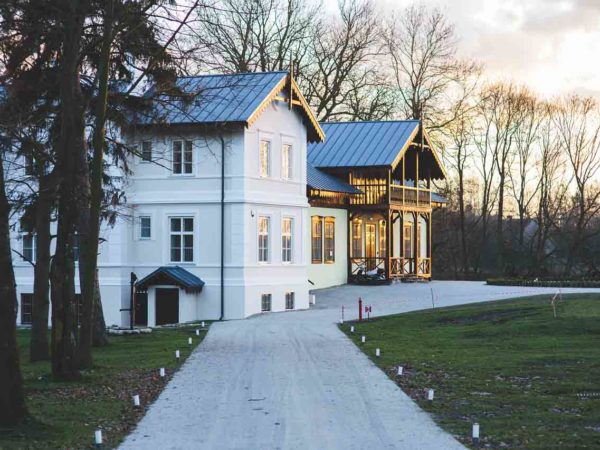There are many different discussions on the Internet, all coming from different angles, about whether it makes more sense to get a 15-year or 30-year Fixed Rate mortgage. We certainly would like to contribute our thoughts into this topic, but more from a real estate investment perspective.
15-Year Mortgage
What are the pros and cons on the 15-year mortgage? First, it has a lower interest rate than a 30-year, typically about 0.5% less give or take, which makes the “cost” of the loan lower comparing from an interest payment standpoint. Also, since the loan is being amortized over 15 years as opposed to 30 years, over the life of the loan you only need to pay interest for 180 months instead of 360 months, so total interest payment amount will be lower as well.
On the flip side, a 15-year mortgage requires a much higher payment per month. It requires more financial support and discipline, and as a result it does not offer much flexibility or buffer when you face with a financial situation.
30-Year Mortgage
30-year is a very common loan product that most people typically use especially when financing for their primary residences. Its 30-year duration allows a lower payment, and typically easier to qualify as it lowers the DTI (Debt to Income) ratio.
On the flip side, a 30-year mortgage carries a slightly higher interest rate, and because of the extra 15 years, you are guaranteed to be paying more interest over time.
Real Estate Investing
Typically, it is not easy to obtain a 30-year mortgage as an investment loan, especially if the investment property is owned by a business entity. What you may consider is, first purchase and finance the property as a personal property, which will allow it to qualify for a 30-year mortgage, and then later decide if it makes sense for you to convert it to become an investment property. Please keep in mind that each lender and loan program is different, so you will need to read the fine print to determine whether you are allowed to do so. But if even your lender / loan program allows you to do so, there is usually a cap on the number of properties you may carry financing under your personal name (usually 10 properties), so you need to be aware of that as well.
So 15 or 30?
From an investment standpoint, we certainly prefer 30 year over 15. The main reason is even if we factor in the lower interest rate, longer loan terms, and all that, we still believe a 15-year mortgage will only start saving after year 22. In exchange, if we were to take the additional capital saved with a 30-year mortgage, and use that to accelerate our next investment, we believe that makes more sense especially when we are in the portfolio “growth” stage.
Even if you were to apply for an Adjustable Rate Mortgage (ARM) before you hold your investment properties under a business entity, we still urge you to explore the option of 30-year amortization with a 5, 7, or 10-year ARM.



